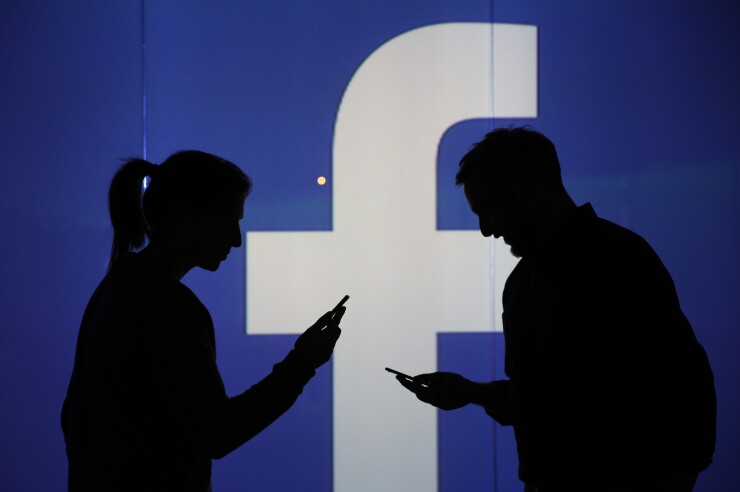Despite the best intentions of Apple and Google to ignite contactless, the QR Code persists as a tenacious legacy technology providing the connective tissue between physical and digital domains. Further evidence of its persistence comes from a recent
- You go to war with the weapons you have. For all of the bluster regarding Apple Pay and Android Pay, QR and other forms of barcode work just fine. Chase Pay, Starbucks, WalMart, Dunkin’ Donuts… in fact almost every single example of an interface between real and virtual domains outside of those owned by Apple and Google still defaults to legacy technologies. While the user experience for newer technologies such as NFC is more streamlined, there remains a lack of ubiquity — not in the hardware since most all EMV terminals are capable of performing contactless transactions, but in the implementation of the software that enables experiences such as single-tap payments and rewards redemptions. In short, NFC isn’t ready for mass adoption yet, and the vacuum is being filled with technologies that are already mass market.
- Consumer-driven commerce. There is an inherent cost to educate consumers to use contactless and to develop the requisite habits that make these transactions mundane. As Facebook has demonstrated with its chatbot strategy, the best way to get consumers to pay on its platform is to remove hurdles, such as by letting users
order an Uber orsplit expenses with friends from within a Facebook Messenger chat session.

- Don't pressure the merchant. The flipside of the retail experience is the vast majority of merchants are comfortable in a relatively analog environment where cards and cash are de facto options. Merchants have been known to push back when a vendor or partner tries to get them to change their technology before they are ready — as
Bling Nation learned the hard way back in 2011 when it demanded merchants adopt its loyalty system; or asSquare andLevelUp learned when they tried to change the industry standard for transaction fee pricing.
- Digital isn't always the best option. Facebook has tried more daring technologies in the past, most notably its ill-fated virtual currency,
Facebook Credits . The idea came about in 2009 when Facebook treated its site as a platform for digital games like Farmville. By letting users buy credits, Facebook could create a global currency that all developers could accept, rather than forcing them to set prices that vary by region. It offered little benefit to merchants and consumers, and such a move would be even less successful in today's market.
Facebook isn't alone in its stubborn support of QR codes.
Ultimately, the user experience around digital payments will transition to a more seamless and interactive mobile solution, but for both merchants and consumers, we are still in a transitional phase where mass adoption requires one foot in a more familiar past. For this reason, we can expect QR codes to be around for some time as yet another reminder that in payments are more about legacy than technology. The future is digital. Eventually.





